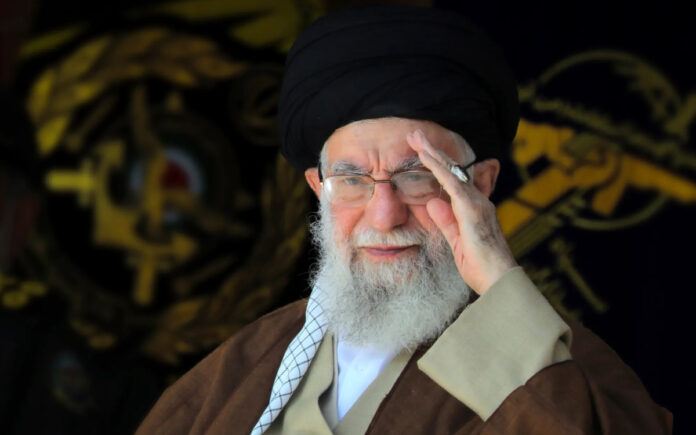Tehran: The sudden passing of President Ebrahim Raisi in a helicopter crash has set Iran on the path to electing a new leader. However, the implications reach far beyond mere succession, as the country grapples with the looming question of who will eventually replace Ayatollah Ali Khamenei as supreme leader.
Once considered a potential heir to Khamenei, Raisi’s untimely demise has ignited a fierce competition among hardliners vying to influence the selection of Iran’s next leader.
At 85 years old, Khamenei is seeking a president fiercely loyal to his ideals and capable of ensuring stability in the country’s day-to-day affairs. Analysts suggest that the chosen candidate will likely hail from the Revolutionary Guards, possess an impeccable background, and harbor no political rivalries.
Registration for candidates opens this Thursday, marking the beginning of a process that will see hopefuls scrutinized by the Guardian Council, a hardline watchdog body responsible for vetting candidates.
Insiders familiar with Iran’s top-level discussions reveal that there have been deliberations on various strategies for managing the presidential contest. The prevailing consensus emphasizes the importance of electing a president unwaveringly devoted to Khamenei and his vision, even if it means a low voter turnout.
However, this strategy presents a dilemma for the ruling clerics. While ensuring the victory of a staunch Khamenei loyalist is paramount, it risks diminishing voter interest and turnout, tarnishing the reputation of the Islamic Republic.
Also Read | American Airlines Sued for Alleged Racial Discrimination Against Black Passengers
The Guardian Council will unveil the list of qualified candidates on June 11, setting the stage for a highly anticipated election. In 2021, Raisi secured victory with a turnout of around 49%, signaling a decline from previous years attributed to voter apathy and disqualification of prominent rivals.
Some analysts suggest that including moderate candidates on the ballot could bolster voter turnout. Yet, the reformist camp, advocating for improved relations with the West and greater freedoms, faces challenges in securing political space.
Also Read | Nigeria Reverts to Colonial-era Anthem Amid Economic Crisis
The potential lineup of candidates includes figures like Parviz Fattah, a former Guards member, and Saeed Jalili, a former chief nuclear negotiator. Interim President Mohammad Mokhber and former parliament speaker Ali Larijani are also rumored contenders.
As Iran braces for a pivotal election, the outcome will not likely alter the nation’s nuclear or foreign policy, firmly under the control of the supreme leader.



